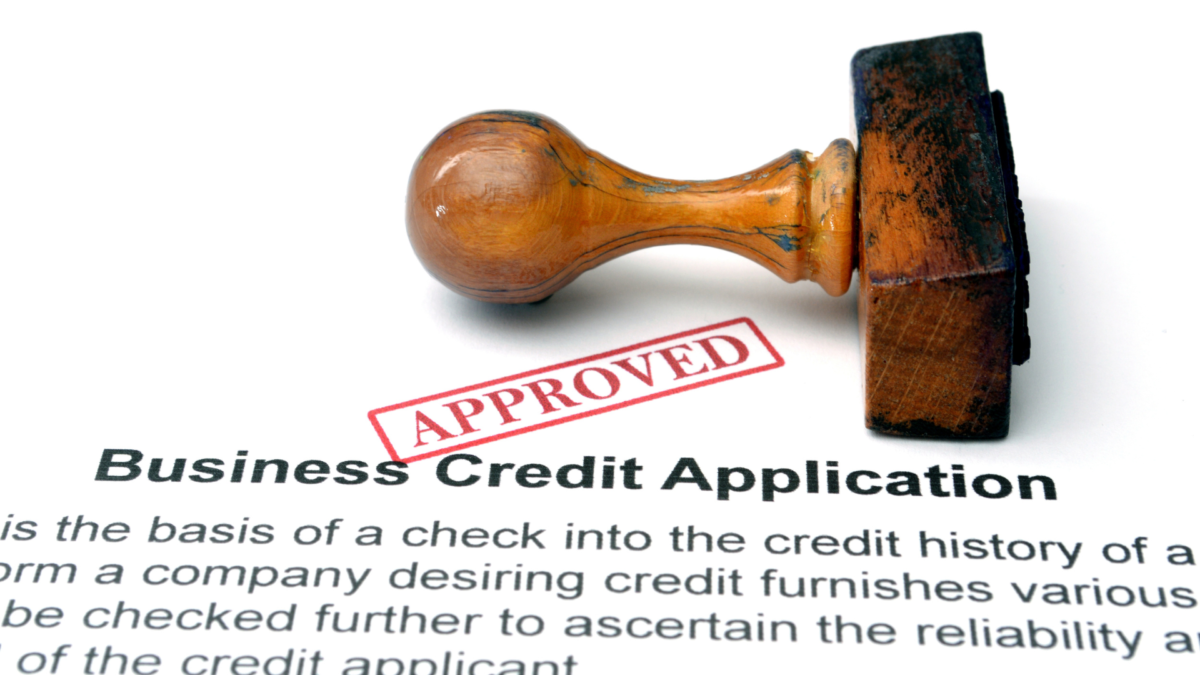Building and maintaining good credit is essential for any business to thrive. It can help you access financing on favorable terms, build a trustworthy reputation, and gain new business opportunities.
However, business is risky. Even through no fault of your own, you may end up with bad credit. For instance, clients may bail on payments, leaving you unable to cater to your expenses. It may be humiliating and devastating. But oftentimes, it is an unfortunate cost of doing business.
So, what can you do when your business hits a rough patch? Here is our quick guide to repairing your business credit and, thus, leading a financially stable entrepreneurial venture. If you’re still confused after reading this guide, you’ll want to contact a credit repair specialist.
Pay Off Outstanding Loans
Paying off outstanding loans is an essential first step to repairing your business credit. Doing so will help lower your credit utilization ratio, a measure of the amount of the available credit you are currently using. This will help your credit score improve.
In addition, paying off your debt demonstrates to creditors that you are a responsible borrower, brightening your prospects regarding accessing future financing and other business opportunities.
Moreover, outstanding loans are undesirable as they may accrue interest over time. This not only increases your debt burden in the long run, but also prevents your money from being reinvested in the business presently. Paying these loans helps reduce the amount you owe, prevents you from accumulating further debt, and frees up cash flow to invest in the business.
If you cannot pay all outstanding loans all at once, call up your creditor and establish a payment plan. This will demonstrate a commitment to repay your creditor and help you improve your credit score.
Choose Vendors That Report to Credit Bureaus
When selecting vendors, ensure they regularly report to the major credit bureaus. This will help you establish good business credit over time and demonstrate reliability to potential creditors.
Most vendors require you to have filed with the Secretary of State, have a Data Universal Numbering System (DUNS) number, and ask that your business phone number is listed in the 411 directory. Examples of vendors that regularly report to credit bureaus are Grainger.com (industrial supplies), Quill.com (office and packaging supplies), and Uline.com (shipping supplies).
Get a Business Credit Card
Nowadays, it is deemed critical for all business owners to have a credit card. Even though there isn’t an official rule that says that no credit equals bad credit, it leaves creditors without a way to evaluate your credit history. More often than not, this will lead you to get rejected for a loan.
Moreover, credit cards carry much weight on credit reports, meaning having one can substantially improve your business credit. When you open a credit account, a good idea is to set up automatic payments. This ensures on-time payments and, in turn, better business credit.
Keep Revolving Credit Utilization Below 30%
A common mistake many business owners make is using their credit lines to their maximum potential. Among business experts, the rule of thumb is spending up to only 30% of your revolving credit line’s limit. This practice reflects a better business image on credit reports and increases your credit score.
Fix Any Inaccuracies on Your Business Credit Reports
Even the most credible of companies and credit bureaus make mistakes. Therefore, it is essential to scan your business credit reports for any inaccuracies and rectify them immediately.
To do this, pull a copy of your credit report from any major credit reporting agency, and review it. If you find inaccuracies, highlight them, and provide evidence of your assertions through invoices or other financial documents. Mail, email, or fax the creditor regarding your concerns, alongside the proof.
It typically takes up to thirty days for these changes to be made on your credit report. However, some establishments, like Experian, have online portals, which allow them to address grievances even faster.
Negotiate to Eliminate Negative Remarks on Your Credit Reports
Negative remarks on your credit reports can lead to difficulty obtaining financing, higher interest rates, and a bad reputation, which can be detrimental to your business.
To avoid these disadvantages, contact vendors who have reported negatively against you and see if you can convince them to remove these remarks. You can offer incentives, including the repayment of any outstanding loans. When negotiating with creditors who may not have had the best experience doing business with you, express your willingness to make things right; you can also consider writing goodwill letters for late payments.
Leave It to the Professionals
If you’re having trouble fixing your credit despite the aforementioned recommendations, consider seeking professional advice from experts like those at The Phenix Group to learn more about your rights and options!

